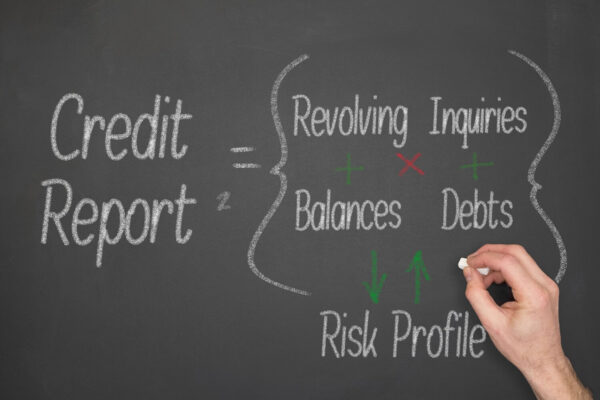Selling your house while on reverse mortgage? Yes, it can be done. But before you jump at the opportunity to do so, here are some of the facts you need to know.
- You are the only person who can decide to keep your home or not. Even if your home is currently under a reverse mortgage, you can sell your home anytime, but your lender can’t force you to do it. Just be aware that your reverse mortgage will be considered due and demandable if you do decide to see your home. This means that everything must be paid in full – the loan balance, including interests and fees.
- Appreciation vs. depreciation. If you consider selling your house on a reverse mortgage, you will enjoy a windfall if your home has depreciated. But what happens if your property’s value has depreciated? You could end up losing money in equity to fees.
- If you suddenly die, your heirs will be tasked to see your home so that your reverse mortgage will be paid off. They don’t need to pay back the lender if the value of your home has plummeted if you have a Home Equity Conversion Mortgage (HECM). This kind of reverse mortgage is backed by the Federal Housing Administration (FHA).
It would be best if you also considered how long you have been under your reverse mortgage. If the reverse mortgage is fairly new, you may lose some money, especially when it comes to the fees that came with it. It would also be prudent to check the property’s current value. As mentioned in the second point, it will be a complicated matter if your property lost its value.
Where are you going to stay? Admittedly, one of the best points about having a reverse mortgage is that you can stay in your home for as long as you can. But if you are thinking of selling, make sure that there is a place waiting for you. And if you sell and pay for all the costs of selling early, bear in mind that this will be money that could be used for other important expenses like medical bills and other future needs. If you have questions about a reverse mortgage, let us know, and we’d be glad to help.




